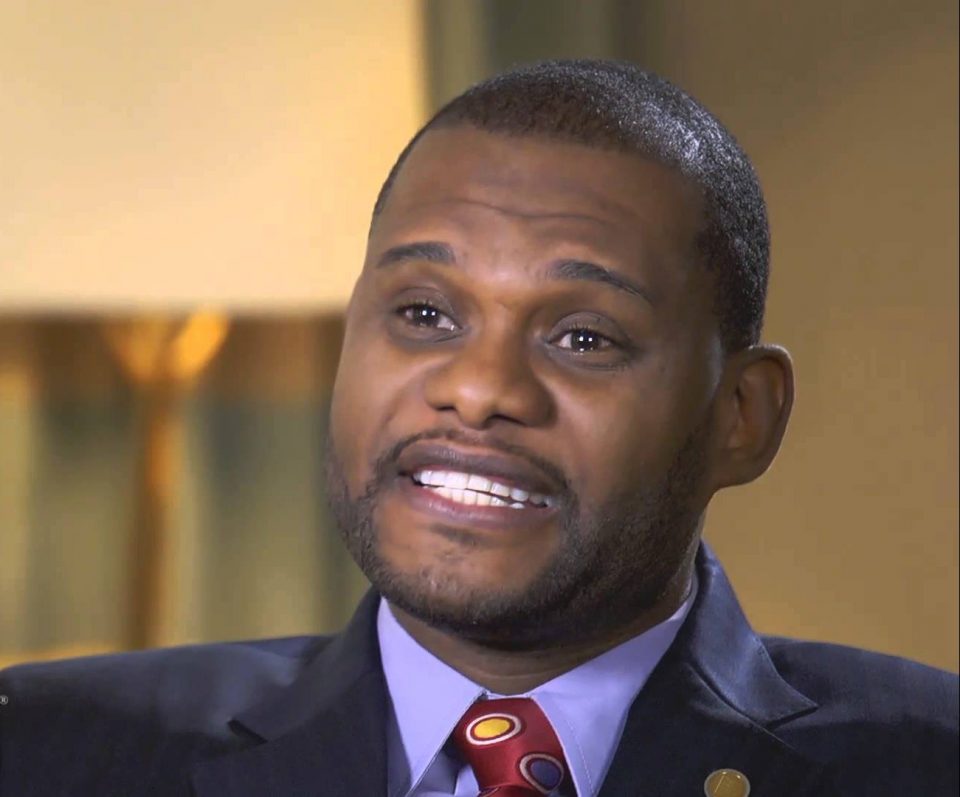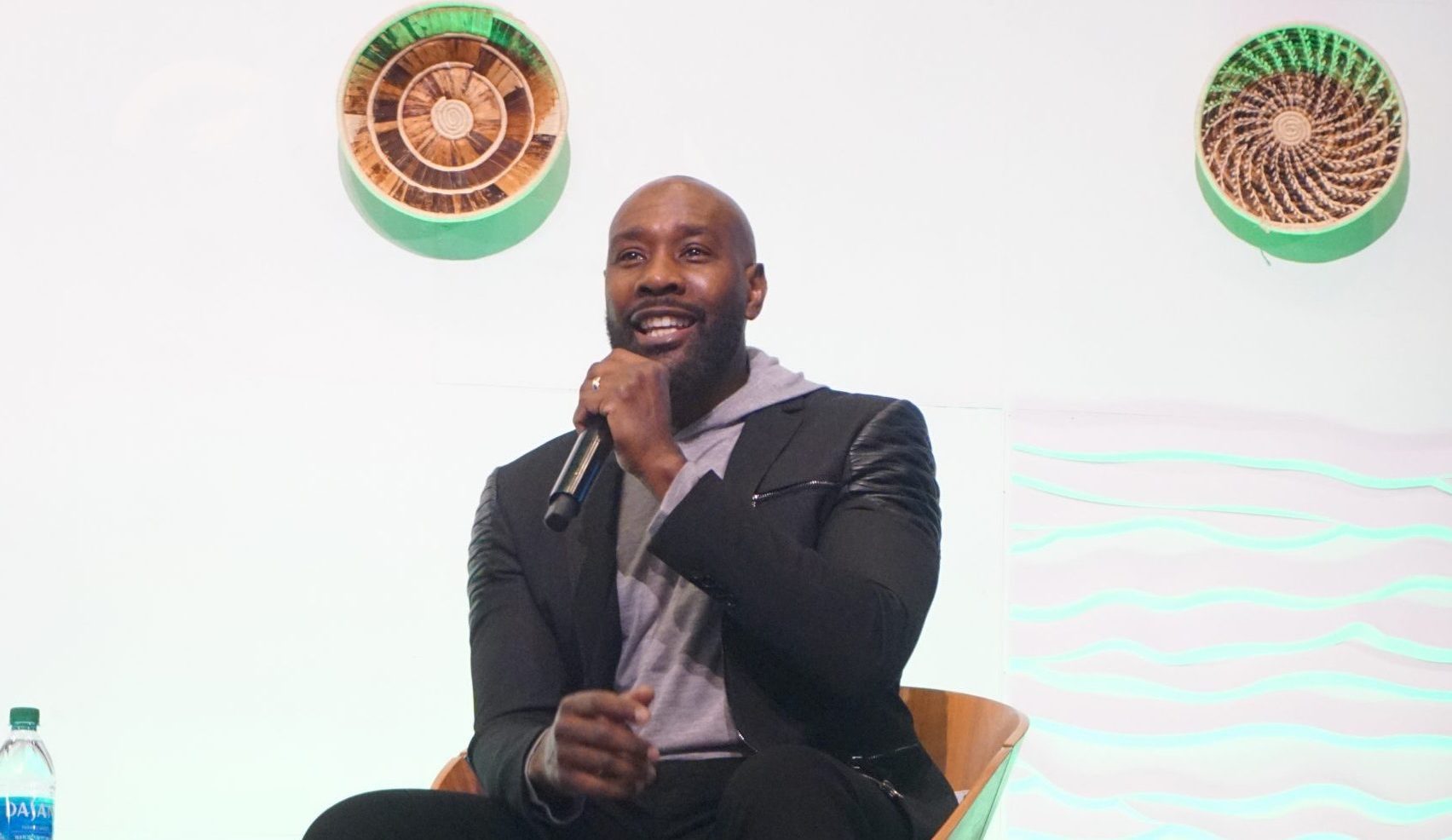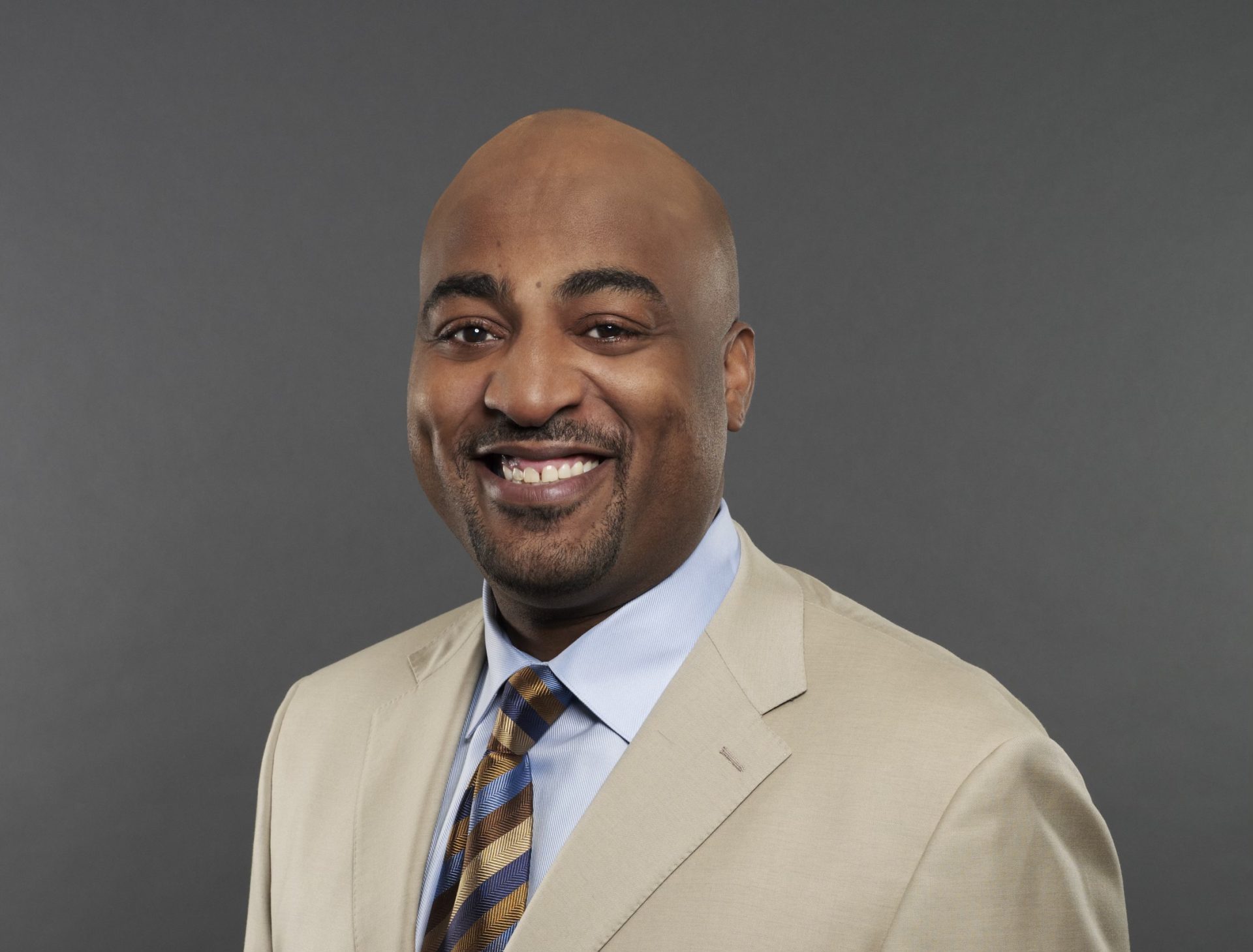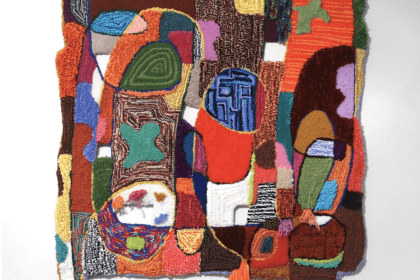
Rony S. Delgarde is a global humanitarian relief expert and an award-winning leader. He is the founder and president of Global Paint for Charity, Inc. — the first sustainable paint waste management and the largest provider of Latex paint to those in need around the world. After coming to the United States from Haiti over a decade ago, Delgarde was inspired by the powerful impact of color and the tremendous supply of unused paint that was thrown away from businesses and residents every year. Given his background, he knew there was a larger demand for that paint in third world countries. In March 2010, Delgarde founded The Global Paint for Charity, Inc. (GPC) as a social enterprise to recycle leftover paint that would have otherwise landed in the waste stream. Delgarde donates paint to needy charities and vulnerable individuals in places where the paint had never before been a resource. He will be honored on June 29 at the 2019 Caribbean American Cultural Arts Foundation’s annual Captains of Industry Gala in Atlanta.
What is your day-to-day like at work?
As the founder and CEO of the Global Paint for Charity, my day-to-day activities change [all the time]. I could be working on a large shipment of paint to Africa or South & Central America at one moment and reviewing a proposal for our project implementation at another moment. I also attend to six or seven meetings daily, including webinars and conference calls, while ensuring that the organization is performing at its highest standards.
What industries connect to your career choice?
My experience from both volunteering and working in the private sector have added value to the organization. I have also earned both a B.S in Business Administration and a Master of Business Administration (MBA). However, one of the key elements in my current industry is the ability to speak and understand other languages, including French, Spanish, and English. I feel like the world is closer, and it’s easier to do business with foreign markets because I can communicate in their native tongue.
Who do you consider your peers in your field? How have they supported you? What best practices have they shared?
One great thing … I am very thankful for is the gift of having many incredible people who believe in me and are very supportive of my ideas. The support provided by our dedicated volunteers and interns from various universities has been insurmountable. I am continually surrounded by encouraging family members, friends, and leaders who have mentored and supported me along the way.
Describe the future skill sets that are essential to future business leaders and innovators?
To become a leader, it is your responsibility to keep learning, become a better listener, and always do your best to deliver outstanding results. They should ask themselves: What have I learned about my interpersonal skills? My attitude? Am I trustworthy enough? Can I lead others? Can I communicate my ideas?
You have to learn to serve and evolve.













